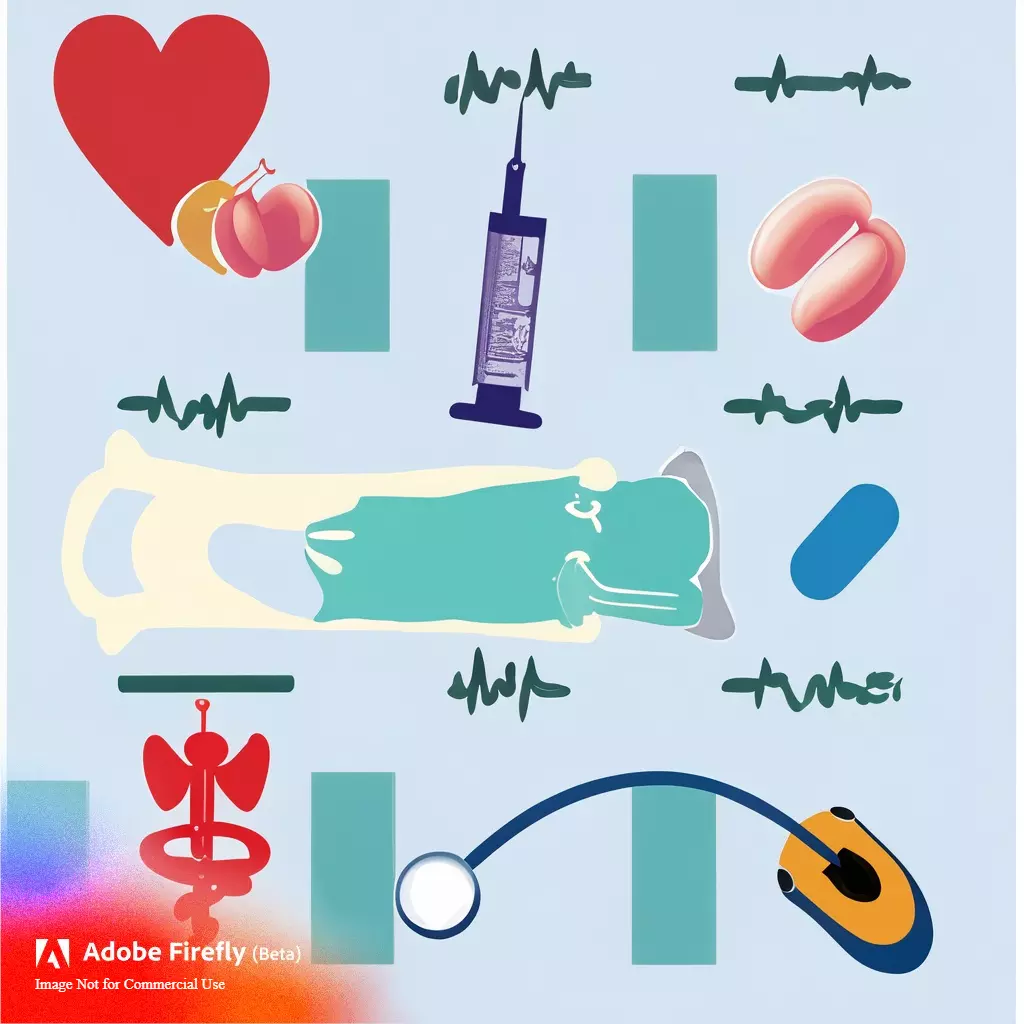The healthcare industry is undergoing a significant transformation, with digitalization playing a pivotal role in revolutionizing its supply chain. The traditional healthcare supply chain has often been marred by inefficiencies, delays, and a lack of transparency. However, the integration of digital technologies promises to streamline processes, enhance visibility, and improve overall patient care. In this article, we will explore how digitalization is reshaping the healthcare supply chain and the potential benefits it brings.
1. Improved Efficiency
One of the primary advantages of digitalization in the healthcare supply chain is improved efficiency. Traditional methods of managing inventory, tracking shipments, and ordering supplies often involve manual processes that are prone to errors. With the adoption of digital technologies such as RFID (Radio-Frequency Identification) and IoT (Internet of Things) devices, healthcare providers can automate many aspects of their supply chain. This automation reduces human error, minimizes waste, and ensures that essential medical supplies are always available when needed, ultimately leading to better patient care.
2. Enhanced Visibility
Digitalization provides healthcare organizations with greater visibility into their supply chain. Real-time tracking of inventory, orders, and shipments allows for better decision-making and proactive management of supply levels. This newfound transparency enables healthcare providers to identify potential bottlenecks, track product recalls more efficiently, and optimize inventory turnover rates. As a result, the risk of stockouts or overstocking is significantly reduced, ensuring that patients receive the care they need without interruption.
3. Cost Reduction
Cost containment is a constant concern in healthcare, and digitalization can play a significant role in reducing expenses. By automating processes, healthcare providers can lower labor costs associated with manual inventory management and order processing. Additionally, improved supply chain visibility helps identify cost-saving opportunities, such as bulk purchasing, vendor negotiations, and inventory optimization. These cost reductions can be reinvested in patient care and innovation, ultimately benefitting both healthcare organizations and the patients they serve.
4. Supply Chain Resilience
The COVID-19 pandemic highlighted the importance of supply chain resilience in healthcare. Digitalization allows for the creation of more agile and adaptable supply chains. By leveraging data analytics and predictive modeling, healthcare providers can anticipate supply disruptions, identify alternative suppliers, and adjust their inventory levels accordingly. This resilience ensures that essential medical supplies are always available, even in times of crisis, safeguarding patient health and safety.
5. Regulatory Compliance
Compliance with regulatory requirements is paramount in healthcare. Digitalization can assist healthcare organizations in meeting these standards more effectively. By maintaining detailed digital records of the supply chain, including product traceability and quality control data, providers can demonstrate compliance with regulations and streamline the audit process. This not only reduces administrative burdens but also minimizes the risk of compliance-related issues.
6. Patient-Centric Care
Ultimately, the goal of digitalization in the healthcare supply chain is to enhance patient care. By ensuring the availability of critical medical supplies, reducing errors, and optimizing costs, healthcare providers can focus more on delivering quality care to their patients. Patients benefit from shorter wait times, improved treatment outcomes, and a higher level of overall satisfaction.
Digitalization is transforming the healthcare supply chain by improving efficiency, enhancing visibility, reducing costs, and increasing supply chain resilience. By embracing digital technologies, healthcare providers can provide better patient-centric care while ensuring regulatory compliance. As the healthcare industry continues to evolve, the potential of digitalization in revolutionizing the supply chain is boundless, promising a future of more efficient, cost-effective, and patient-focused healthcare delivery.
Also Read: Robotic Dogs Survey Cold War Bomb Testing Facilities In UK
https://thelogicalindian.com/h-upload/2023/09/11/500x300_233372-firefly-images-related-to-health-31748.webp
Trending
2023-09-11 11:36:28.0
Revolutionizing Healthcare Supply Chain: Unleashing Potential Of Digitalization











